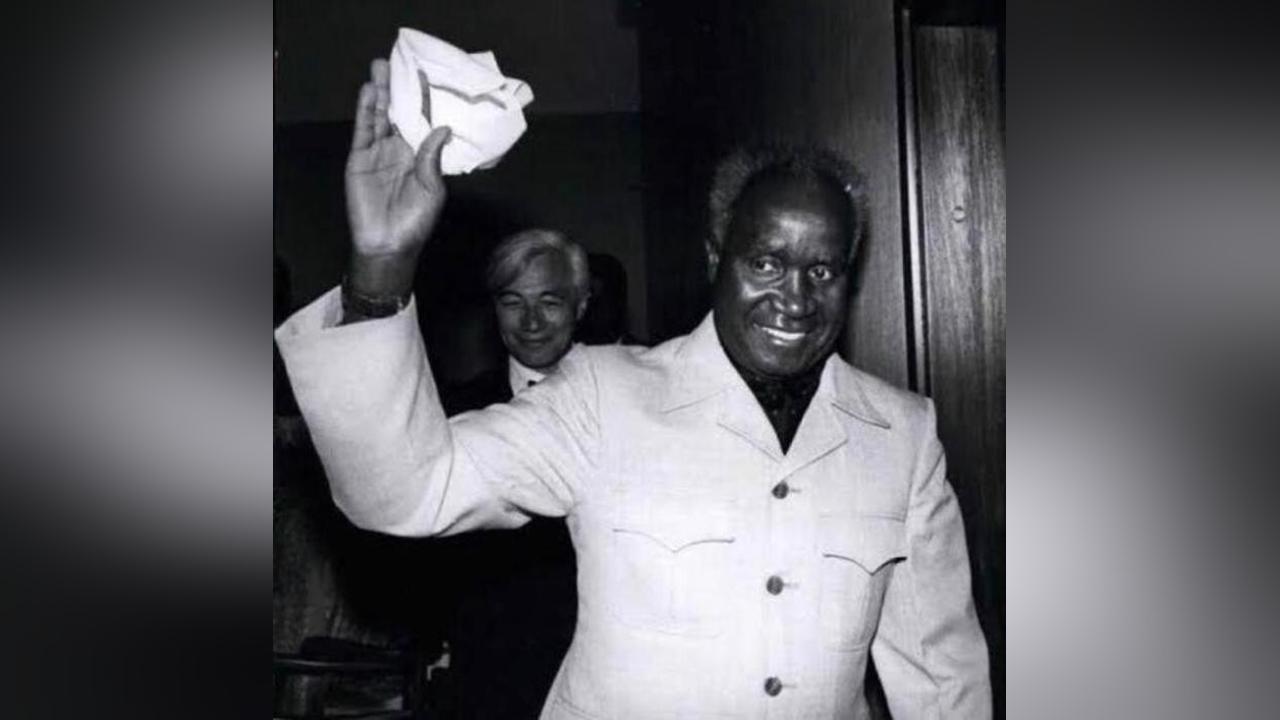Africa-Press – Zambia. Kenya’s parliament has sparked controversy by instituting a ban on the iconic Kaunda suit, named after the late Zambian President Kenneth Kaunda, within its premises. Speaker of Parliament Moses Wetangula announced that both Kaunda suits and traditional African attire were no longer permissible.
The Kaunda suit, distinguished by a safari jacket and matching trousers, owes its name to President Kaunda, who played a pivotal role in making it a fashion statement. The attire has gained popularity among the political elite, with Kenyan President William Ruto often choosing it for official events.
Speaker Wetangula justified the ban by citing emerging fashion trends that posed a challenge to the established parliamentary dress code. He outlined a prescribed dress code for men, including a coat, collar, tie, long-sleeved shirt, long trousers, socks, shoes, or service uniform. Women were advised to adhere to business, formal, or smart casual wear, with skirts and dresses below knee-length and sleeveless blouses prohibited.
While acknowledging past tolerance of the Kaunda suit in parliament, Wetangula emphasized the need to halt this practice to preserve the parliamentary dress code. The recent attention garnered by the Kaunda suit on Kenyan social media, especially due to President Ruto’s frequent appearances in it during official functions, adds an extra layer to the controversy.
The ban has triggered mixed reactions on social media, with some questioning the prohibition of an African attire in an African parliament. Others express support for maintaining a specified dress code. The controversy surrounding the Kaunda suit ban reflects the intersection of cultural expression, fashion, and political symbolism, sparking discussions about the significance of attire within the context of parliamentary proceedings.
For More News And Analysis About Zambia Follow Africa-Press







